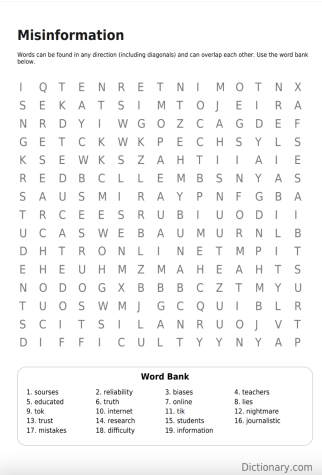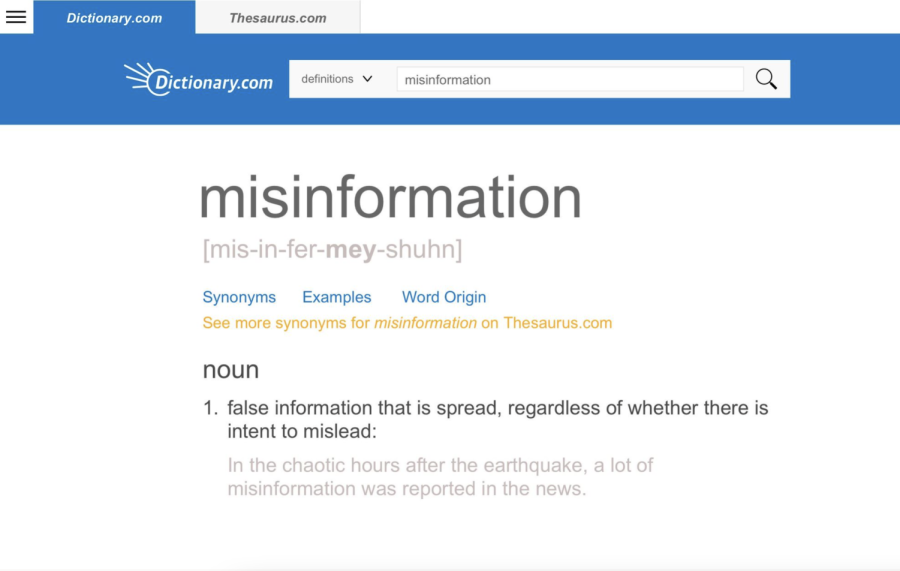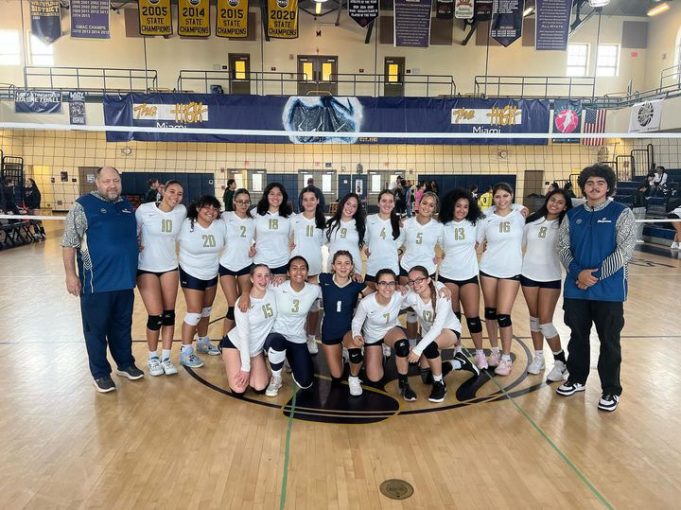Misinformation Online
March 6, 2023
Do you know what it is to have a reliable source of information? Or to believe any information on the internet? I am sure many of you do not even know what I am talking about.
It is about misinformation or information that is incorrect. Like when a friend sends you an article on one of your favorite celebrities saying that they are dead, but they are, in fact, alive. Few people see the issue of misinformation, but it is a journalistic nightmare.
Mistakes and Misunderstandings
Many people, this includes students, believe in unreliable information that they find online. For example, Kaylee, a junior, said, “It happens a lot with friends or people in general. They think they know that the info is right, but it is not.”
Ashlee Tam, a sophomore, says, “Let’s use Tik Tok as an example. People believe anything on the internet and won’t do their own research on the topic and just believe what they say.”
This happens because people trust that the internet will give them the right information, but many people read biased sources, and I admit that includes myself.
Guidance counselor Mr. Cuevas says, “Biases are influential because the person can only get information from sources that are going give him what he wants to hear, rather than what is factual. People go to sources because they want to reaffirm what they know is true. This isn’t going to work sometimes because sometimes what you think is true isn’t.”
Why reliability matters
Reliability matters because people trust the internet and its misinformation. Student Antonio Huizzi replied, “Reliability matters because it keeps us students safe from people who could harm us online.”
Nicolas Montoya, another student, explained, “I need to have a source that I know is true because it helps me make less mistakes. My mother made a mistake once before trusting a site online and used hot water on my pet fish. My pet fish was dead the next day. Ever since then, I don’t trust her with my fish.”
English and journalism teacher Dr. DeNight says, “If people can’t agree to what the truth is, it means that you can get people who might not be very well educated and who might have evil intentions and they can spread lies. If we don’t have the tools to see the truth, we can be led to believe these things. For example, In Washington DC on January 6th, when President Biden was getting inaugurated into office, thousands of people went there convinced that he wasn’t rightfully elected to office. If people believed that, then the main priority would be how to stop this from happening again.”
Business teacher Mr. Padilla comments on how schools should deal with unreliable sites: “Schools should help by mostly educating students on how to find reliable information online. This is the easiest way because the misinformation is too widespread. We must give students the tools needed to help them online.”






